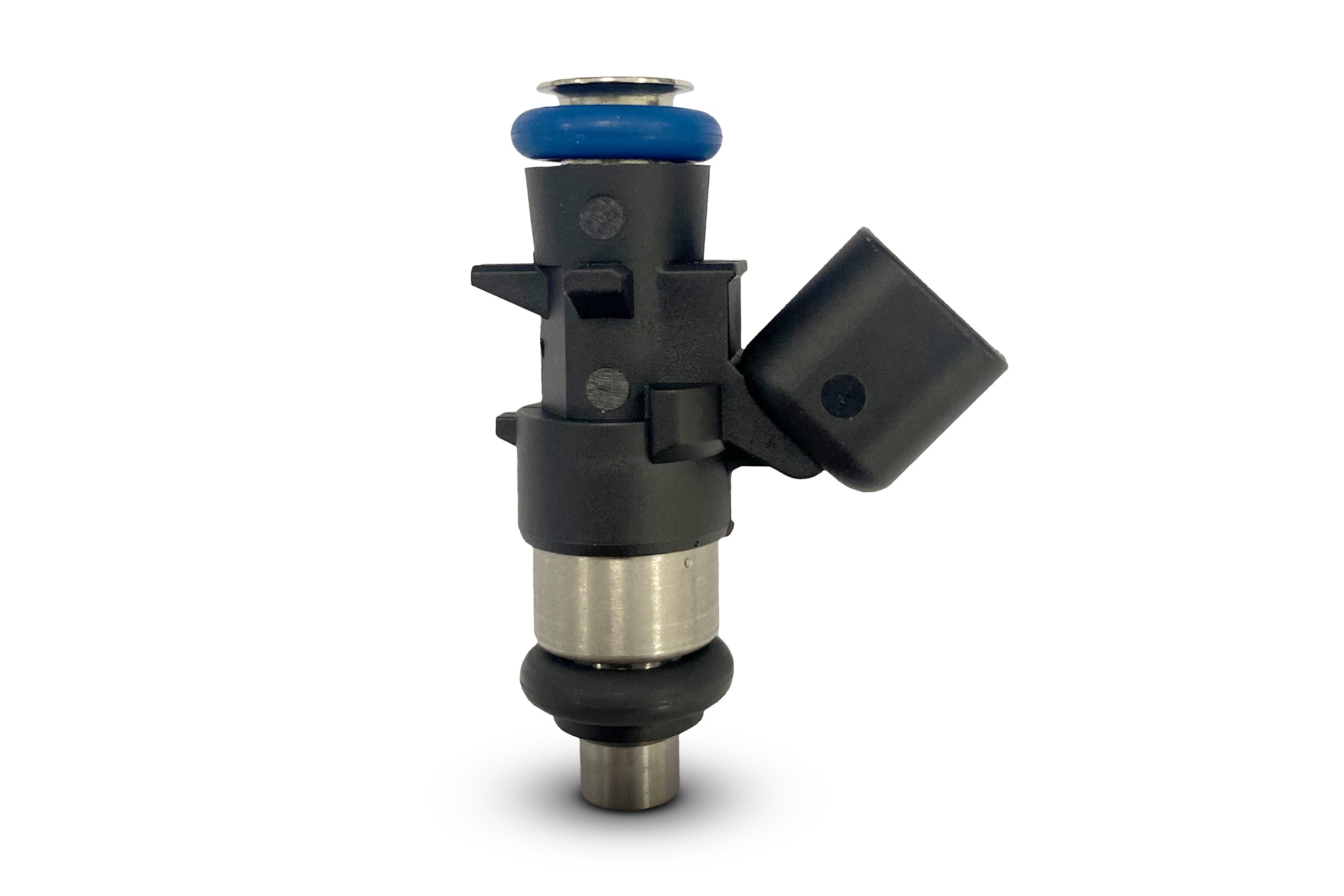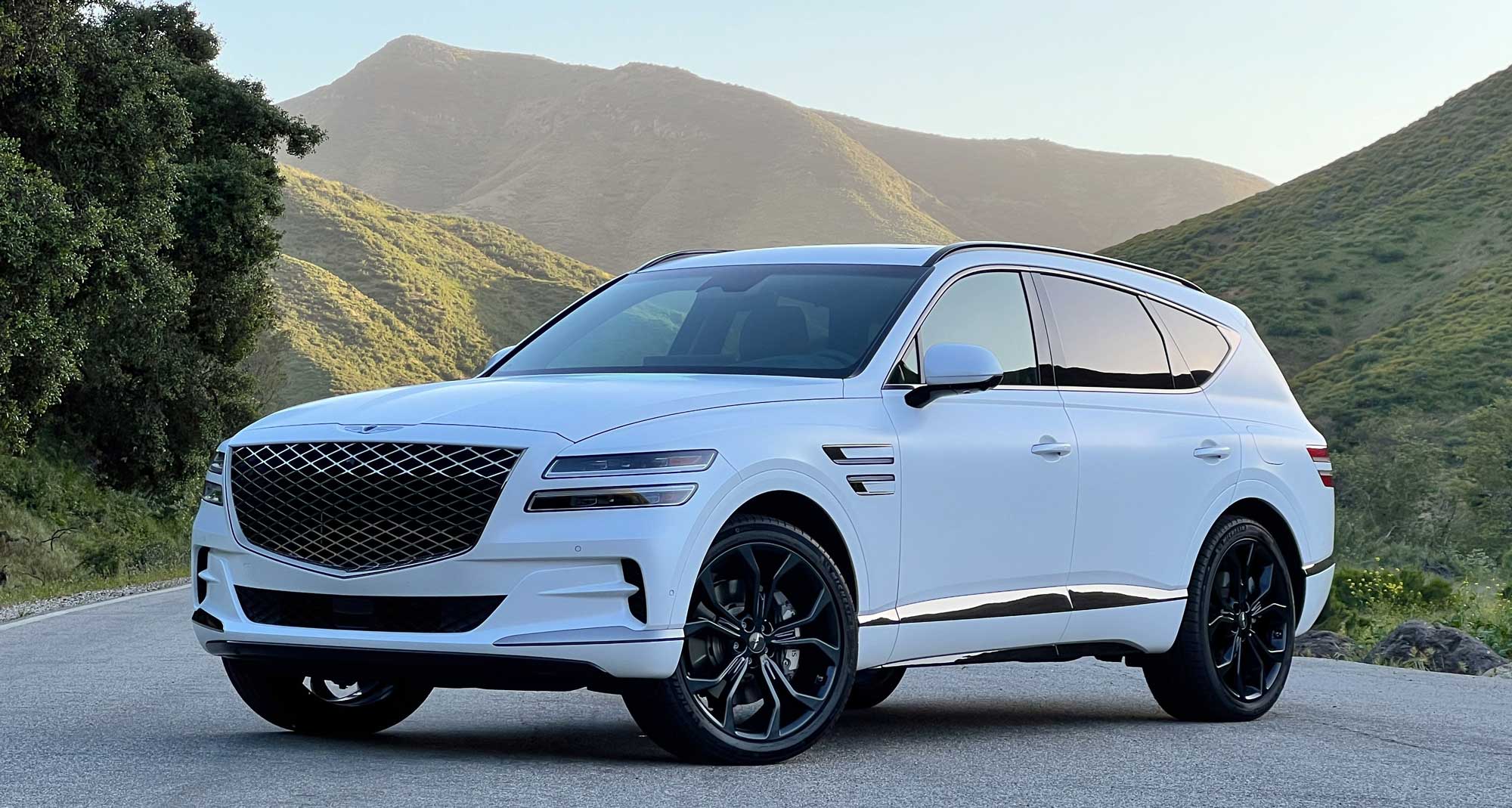What Is a Fuel Injector?
The basics of combustion haven't changed, but the way your car gets that fuel into the engine is now a little more complex.
 Stellantis
Stellantis
QuickTakes:
After motor vehicle engines endured many decades of being fed fuel via crude systems such as the hot bulb, the hit-and-miss and the carburetor, fuel injection was invented. First used in diesel engines, the technology evolved quickly to feed World War II aircraft engines and attained widespread use in street-driven cars during the 1970s. Fuel injection has been installed on every new highway-legal car and light truck sold in the United States since the mid-1990s.
At the heart of every fuel-injection system is a small but critical component: the fuel injector.
A Fuel Injector Delivers Fuel at High Pressure
Most fuel injectors used on modern vehicles operate in about the same way. Fuel is delivered to the injector from the fuel tank by a pump, often operating at high pressure. An electrical solenoid within the fuel injector receives a signal from the engine control unit that causes it to quickly open a valve for a precisely controlled amount of time. The fuel flows through the valve and into the intake manifold, intake port, or directly into the engine cylinder.
Types of Fuel Injection Systems and How They Work
The earliest fuel-injection systems were purely mechanical — with much simpler injectors than what we see now — but they eventually evolved into the electronically controlled systems of today.
In recent decades, there have been three basic types of fuel injection used in cars: throttle body injection (TBI), port or multi-port fuel injection (MFI), and direct injection. TBI disappeared from new vehicles after the 1990s, so the latter two types are what you'll find in cars manufactured since then.
All modern diesel engines use direct injection, while gasoline direct injection (GDI) has become increasingly commonplace in recent years. Fuel injectors are at the heart of each system.
Common Fuel Injector Issues and Their Symptoms
The seals or O-rings that prevent pressurized fuel from leaking out of the fuel injector can go bad, resulting in a fire hazard. The smell of fuel in the engine compartment is usually the most obvious warning sign in this case, as leaks can be hard to spot visually.
Fuel injectors can get dirty or clogged by contaminants in fuel, causing them to deliver insufficient fuel and/or spray the fuel in an incorrect pattern. Rough idling or running and a "check engine" light are likely symptoms.
The solenoid or valve mechanism inside a fuel injector might fail or stick. Symptoms will be similar to those of a dirty injector but are likely more severe.
Replacing a Bad Fuel Injector
Fuel injectors can last the life of a car, though some vehicle manufacturers may recommend scheduled replacement as part of preventive maintenance. Replacing a fuel injector in an old TBI system (which generally has just one or two injectors) is relatively simple, and most MFI systems (which have one injector per cylinder) shouldn't be terribly complex.
Replacing injectors in the latest GDI systems could get complex and therefore costly. There are many variables, but you can expect to spend between a few hundred dollars to well into four figures to have a shop replace a bad fuel injector.



